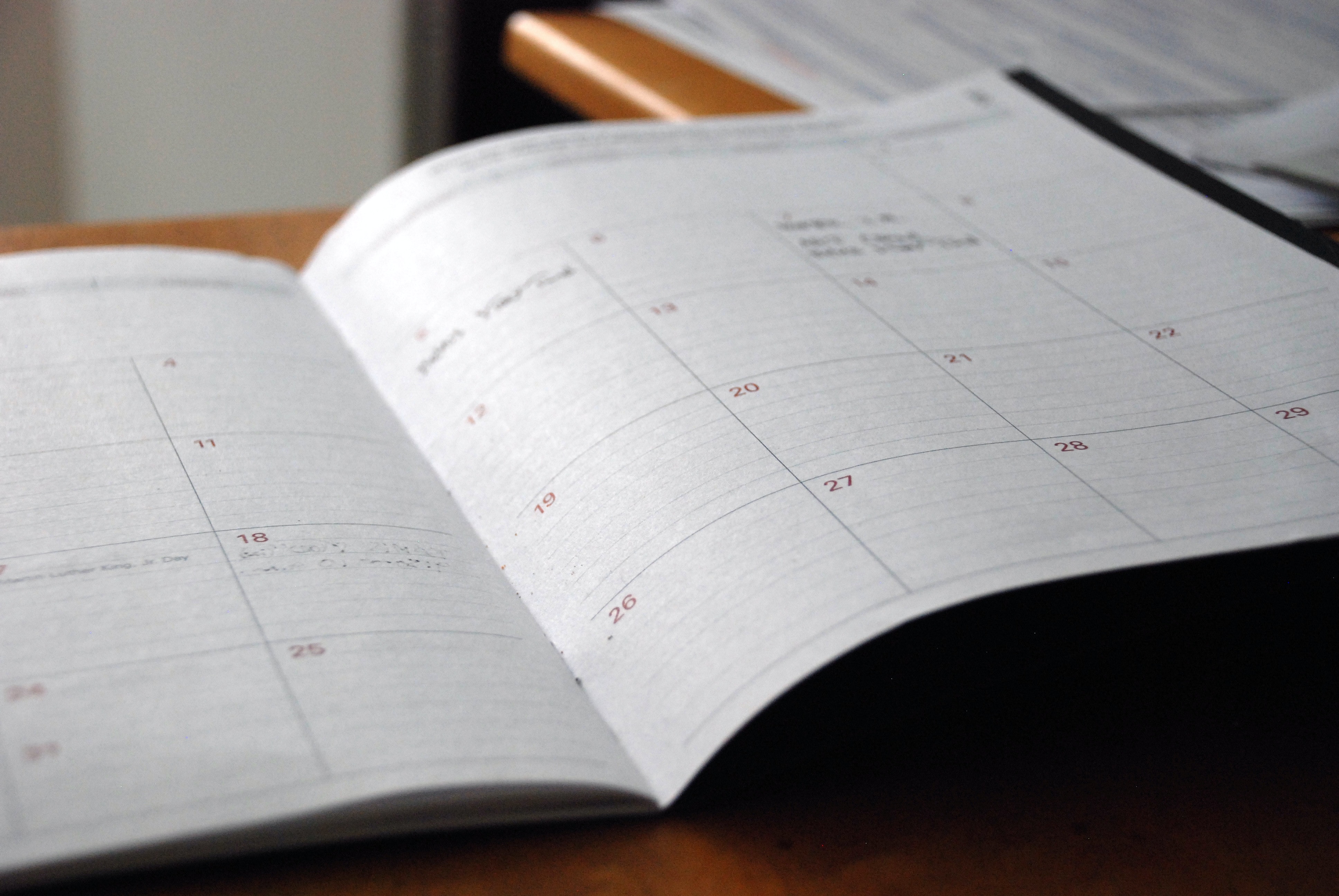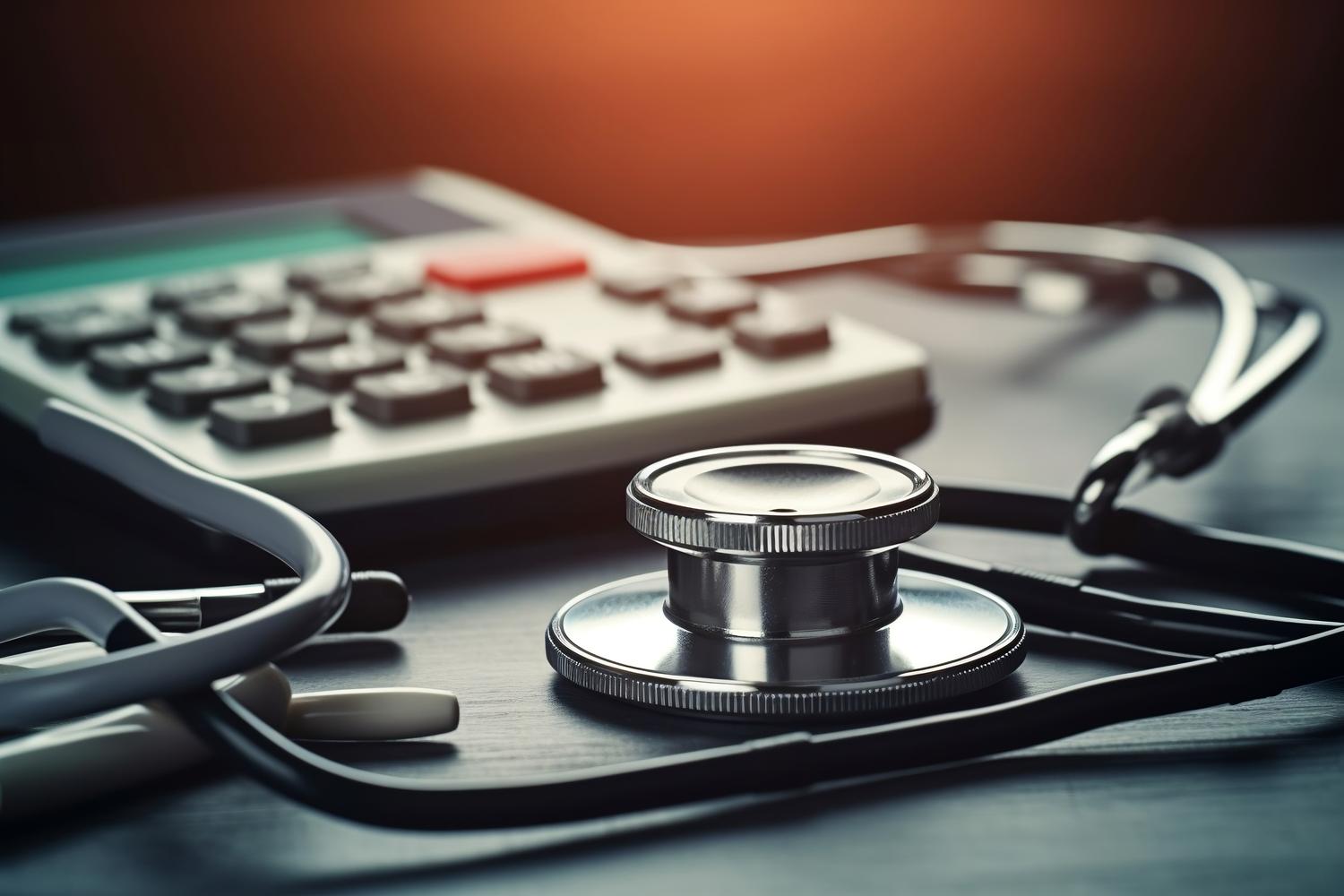How Do I Get A Doctor’s Note for Work?
Key takeaways
- A doctor’s note is a legal document from a licensed provider that excuses you from work (or modifies duties) for medical reasons
- Whether you need a doctor’s note depends on your employer’s policy, your state’s laws, and how long or how frequent your medical absence or condition is
- To obtain a note, schedule either an in-person or virtual visit with a healthcare provider and they can issue one if appropriate
Getting a doctor’s note may not be top of mind as you get medical care for your health condition. However, some employers require these legal documents for missing work or extended sick leave. Those little slips of paper can help ensure that you receive proper benefits and adequate time off for your treatment. So how do you go about obtaining one?
Read on to learn more about why you may need a doctor's note and how to get one.
What is a doctor’s note?
A doctor’s note (sometimes referred to as a sick note or an excuse note) is a legal document written by a licensed health care provider that that excuses you from work for medical reasons. These notes may excuse an employee from a single day of work due to a doctor’s appointment. They may also indicate the responsibilities that an employee cannot perform while managing their medical condition.
It’s important to remember that under the Health Insurance Portability and Accountability Act (HIPAA), a doctor’s note will not disclose any specific medical information without your permission. It simply affirms that you were receiving medical care or requiring rest or treatment during the work day. This medical certificate will protect your privacy while providing a legal excuse for missed work.
How do I get a doctor’s note?
To get a doctor's note, you'll need to schedule an in-person or virtual visit with a licensed healthcare provider.
To get a doctor's note in person visit, book an appointment with your primary care doctor, urgent care, or clinic. At the visit, explain why you need the note (e.g., for work, school, travel, or activity restrictions).
To get a doctor's note online, you can visit an online platform like Sesame, which let you meet with a doctor via video call. Your online doctor can then issue a digital or printed note if appropriate.
Do all employers require doctor's notes?
No, not all employers require a doctor’s note. Some only require these documents for extended sick leave or a long-term adjustment in work responsibilities. Check with your human resources department about your company’s policy regarding sick days and doctor’s note requirements.
You should also check your state laws regarding sick leave. Different states have different policies when it comes to paid sick leave and the documentation of medical care. Look into both your company’s policies and your state’s laws to ensure that you are fully informed about your rights and responsibilities as an employee.
When do I need a doctor's note for work?
The need for a doctor’s note will vary depending on your employer and the state in which you live. As stipulated above, different companies and states have different policies regarding the need for a doctor’s note. Some employers require a note for a one-time doctor visit. Others will only require legal documentation from a medical professional if you are experiencing a condition that necessitates a long-term leave of absence.
Doctor’s notes are free and easily obtainable. Because of this, we recommend that you get one any time you have a doctor’s appointment that takes you out of work.
Common conditions requiring a doctor’s note:
Contagious illness: It is your responsibility to protect yourself and your peers from the spread of contagious illnesses like COVID-19 or the common cold. If you are experiencing symptoms of a contagious illness like sneezing, coughing, fever or nausea, you should seek medical attention and get a doctor’s note to excuse you from work until you are feeling better (or until you are no longer contagious).
Injury: If you have to see a health care professional for an injury, or if an injury prevents you from performing certain job duties, it is recommended that you get a doctor’s note to detail the appropriate time off or adjustments needed for recovery.
Medical appointments: A doctor’s note may be needed to verify that you needed to miss work for a medical appointment. Even if a note is not required, it may be a good idea to get one just in case. Additionally, you may need a doctor’s note if you need to miss work to bring a family member to a medical appointment.
Pre-existing conditions: Under HIPAA, medical certificates will not disclose your medical history or the specifics of any pre-existing health conditions you may be managing. However, if you require regular doctor’s office appointments or scheduled recovery time, you should get a doctor’s note detailing your medical needs. In addition, if you require accommodations to be made based on an impairment, a doctor’s note will give you legal coverage under the Americans with Disabilities Act (ADA).
What if I need an extended leave of absence?
If you need to leave work for more than one week, you will likely be required to provide a doctor’s note from a licensed health care provider. The Family and Medical Leave Act (FMLA) provides 12 weeks of unpaid job-protected work leave per year. These weeks can be taken consecutively, or as needed over the year.
According to the Department of Labor website, “FMLA applies to all public agencies, all public and private elementary and secondary schools, and companies with 50 or more employees.” This period of time is unpaid, but FMLA ensures that you will still receive all health benefits offered by your employer.
Extended leave may be needed for:
- The birth and care of a newborn child
- Giving care to an adopted child or a child in foster care
- A serious medical condition
- Care for a family member who has a serious medical condition
You should provide your employer with a note featuring your doctor’s signature before taking an extended leave of absence to prevent miscommunication with your employer.
What should a doctor’s note say?
A standard doctor's note template will contain the following information:
- The date of absence (i.e., when you went to the doctor’s office)
- The reason for your absence (no medical records or specific medical information will be provided without your consent)
- Medical accommodations needed by the employer (including the adjustment of work duties or further absences)
Employers have the right to request additional information about a disability or health condition an employee may have. These inquiries can only be made if they are related to a business necessity and the performance of an individual’s job. If a request is made, the employer must adhere to privacy rules as laid out by the ADA.
How Sesame can help
Need a note quickly but don’t want the hassle or cost of going to an actual clinic? A provider on Sesame can help! Simply book an online visit for a doctor's note.
During these online doctor visits, you can speak to a health care provider about any symptoms or health concerns you may have. After the visit, you will receive a printable doctor’s note that can be shared digitally, if appropriate. Get the care you need from the comfort of your own home. Book an online doctor appointment on Sesame today.









